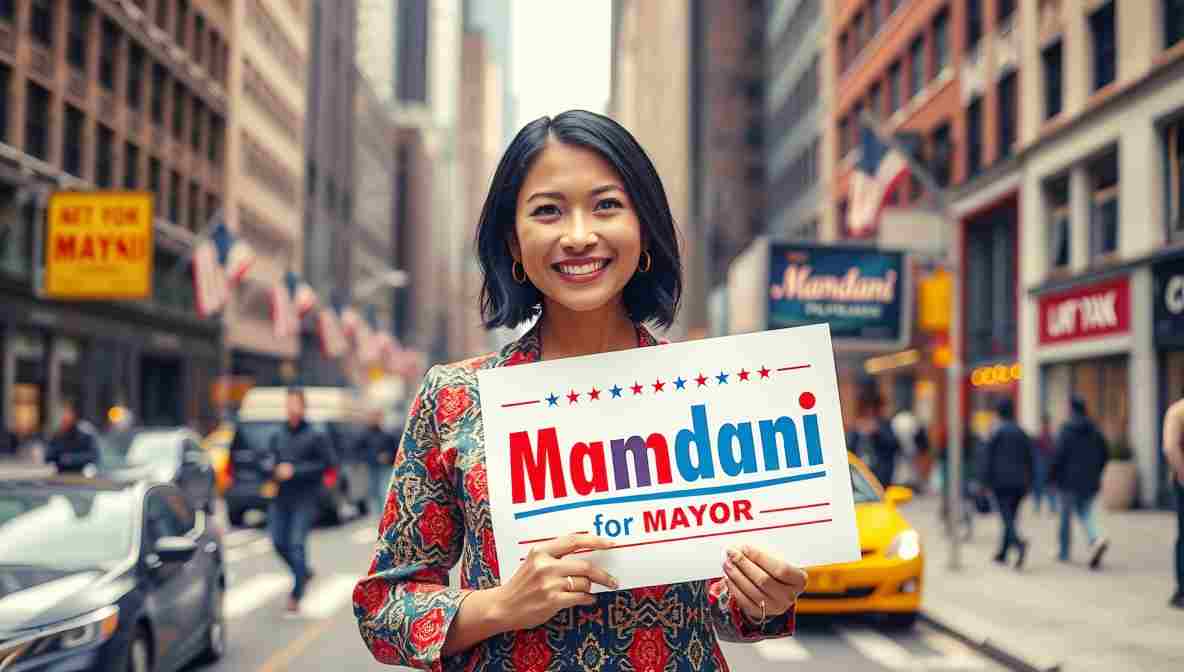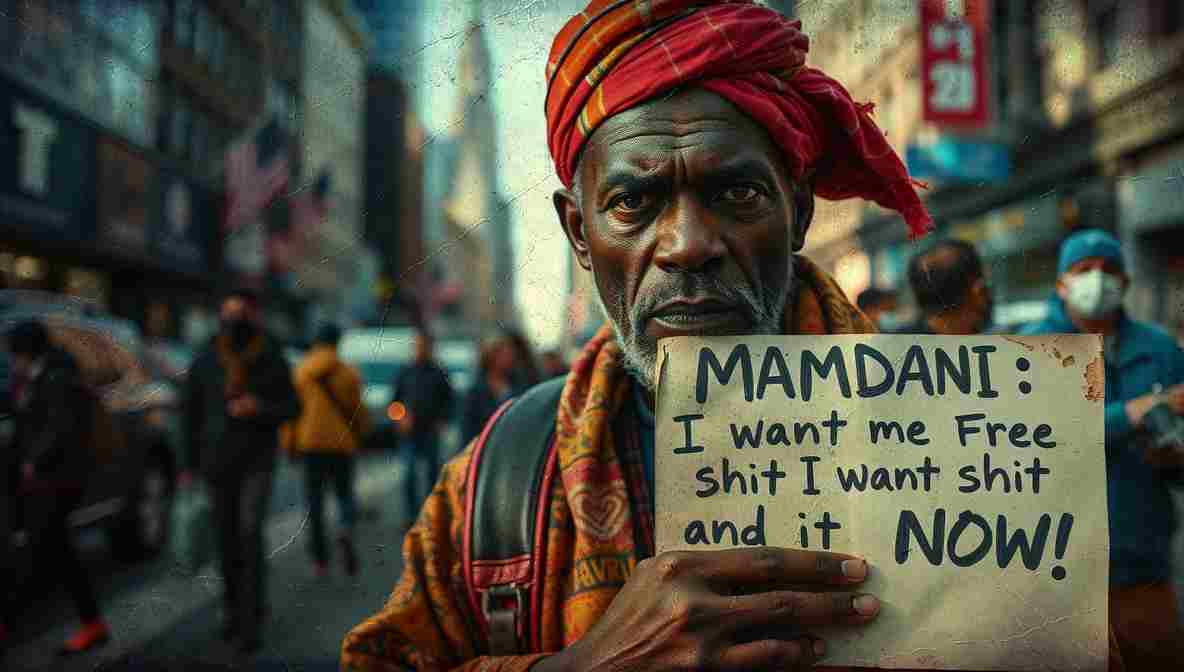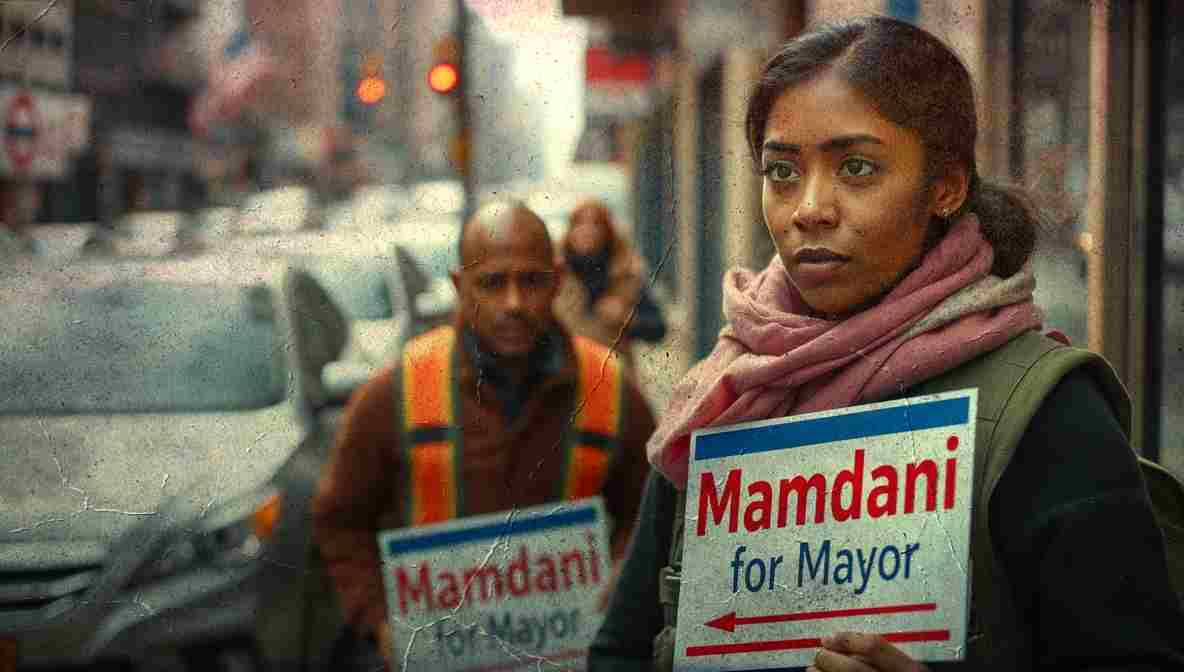Democratic nominee pledges to end mayoral control, implement “co-governance” model
Breaking With Two Decades of Mayoral Control
Zohran Mamdani has not sketched out a comprehensive plan to manage the nation’s largest school system. But the Queens assemblyman and Democratic mayoral nominee has one transformative idea: giving himself less power.
Since 2002, the state has granted New York City’s mayor almost complete authority over the public school system. The mayor unilaterally selects the schools chancellor and appoints the majority of the Panel for Educational Policy, a board that votes on school closures, contracts, and other major changes to Education Department regulations.
For the past 20 years, mayors from opposing parties with vastly different education agendas have agreed on one pivotal policy: maintaining this mayoral control. Mamdani has vowed to be an exception to that rule.
“Zohran supports an end to mayoral control and envisions a system instead in which parents, students, educators and administrators work together,” his campaign website states. In its place, he calls for a “co-governance” model that empowers existing organizations such as elected parent councils and local school teams that include administrators, teachers, and caregivers.
Governing the Nation’s Largest School System
This proposal would represent a fundamental shift in school governance at a time when the system faces numerous pressing issues, including elevated rates of chronic absenteeism, declining enrollment, and persistent gaps in student achievement.
According to the National Center for Education Statistics, New York City’s public school system serves roughly 911,000 students across 1,600 schools with an annual budget exceeding $40 billion–roughly 30 percent of the city’s total budget.
Other Candidates Support Current System
Most mayoral candidates in 2025 said they support mayoral control, though some suggested modifications. Independent candidate and former Governor Andrew Cuomo called ending mayoral control a “terrible mistake” and a “debacle,” while Republican Curtis Sliwa said he would maintain it while expanding gifted and talented programs.
Growing Criticism of Top-Down Approach
Mamdani’s position reflects a growing sentiment among parents and educators who criticize mayoral control as a top-down approach that diminishes parent input, devalues educators’ expertise, and causes chaos when new administrations abruptly shift course.
At a mayoral forum hosted by the United Federation of Teachers in May, Mamdani said he would work with the teachers’ union and other stakeholders to formulate a new governance model and “chart a new course in this city that is less about understanding the mayor as a monarch and more about understanding the mayor as a leader who partners with the very people who keep the system running.”
Teachers Union Supports Change
Michael Mulgrew, president of the United Federation of Teachers, has expressed support for reconsidering the current structure. “Let’s have educational policy that’s real, not just dictated from above and then the DOE usually doesn’t implement it anyway, it’s a farce,” Mulgrew stated. “What it really comes down to is yes: you need a check and balance on the mayor.”
Accountability Challenges Under Current System
Critics of the current system point to several concerns. Under Mayor Eric Adams, hired or promoted relatives into senior government jobs raised nepotism concerns. His schools chancellor, David Banks, retired amid a federal corruption investigation, though he was not accused of wrongdoing.
According to the Annenberg Institute for School Reform, mayoral control can create accountability challenges when education competes with other mayoral priorities and when electoral cycles disrupt long-term planning.
Lack of Specific Implementation Plan
However, Mamdani has not articulated a clear vision for what alternatives to mayoral control would look like. His campaign did not respond to requests for specifics about how a co-governance structure would function in practice.
Jonathan Greenberg, a Queens parent leader, has proposed a plan backed by the Education Council Consortium that would extend mayoral control in the short term while giving the mayor fewer votes on the Panel for Educational Policy. Meanwhile, a commission would develop a more detailed vision for reforming the school governance system to be implemented later.
“That would create a functional PEP that would have to be engaged and have meaningful discussion on the issues rather than simply taking what the mayor says and voting,” Greenberg explained.
Education Experts Want More Details
Some education experts express openness to changes while wishing Mamdani was clearer about how changing governance could produce better results for students. “Co-sharing power is a process, not an outcome,” said David Adams, CEO of Urban Assembly, which supports a network of 22 public schools. “It’s like okay, cool, but to what end?”
Howard Bloomfield, who previously served as general counsel for the city’s Board of Education before mayoral control, suggested that Mamdani’s pitch for “co-governance” may be winning campaign messaging because it has populist appeal. “It is a signal of a mindset more than an operational plan,” Bloomfield observed.
Historical Context of NYC School Governance
The history of education governance in New York City has fluctuated between centralization and decentralization. Before 2002, a decentralized system of local school boards was plagued by patronage and corruption, according to historical analyses from Columbia University’s Teachers College.
Dianne Fuchs, an education advocate with decades of experience, warns against returning to that system. “We’ve been there, we’ve done that, and it’s not the answer for NYC Public Schools,” Fuchs said. “The history of education in New York City fluctuates between centralization and decentralization. Mamdani needs to sit down and talk to people who have been through this cycle.”
Concerns About Corruption
In a system of 1,600 schools and more than 900,000 students, Fuchs argues there must be “strong leadership” from the mayor to prevent the “tremendous corruption” that characterized previous decentralized systems.
State Legislature Renewal in 2026
The city school governance system is up for renewal from the state legislature in 2026, meaning the next mayor will immediately face negotiations with Albany lawmakers about the structure and duration of mayoral control. This timing could provide Mamdani an opportunity to reshape the system, but it also means he would need to develop a specific proposal quickly.
Roundtable Discussion With Education Stakeholders
Last week, Mamdani’s campaign organized a roundtable discussion with dozens of education advocates, parent leaders, and experts to solicit input on priorities. The virtual meeting covered several broad topics in breakout rooms, including funding, community schools, literacy, students with disabilities, English language learners, and children experiencing homelessness.
Several major advocacy groups attended, including the Alliance for Quality Education and Advocates for Children. City Council education chair Rita Joseph and former Congressman Jamaal Bowman, a former Bronx middle school principal, also participated.
Potential Leadership Continuity
Mamdani has indicated he is open to keeping current Schools Chancellor Melissa Aviles-Ramos, who was appointed by Adams. This decision could provide continuity, especially as Aviles-Ramos has been implementing curriculum reforms focused on phonics-based reading instruction that Mamdani has praised.
According to research from the Learning Policy Institute, successful education reform requires stable leadership, meaningful stakeholder engagement, and sustained implementation over multiple years. Frequent governance changes can disrupt improvement efforts and create confusion in schools.
Big Test for New Mayor
As Jonathan Collins, a professor of political science and education at Columbia University Teachers College, noted: “This is a big test. In a system like New York’s, you are who you appoint.”
If Mamdani wins and follows through on reducing mayoral control, his approach to selecting a schools chancellor and building a governance structure will offer an early signal of whether he can translate campaign promises into effective policy.
High Stakes for NYC Students
The stakes are substantial. With roughly 30 percent of the city’s budget dedicated to education, and with persistent achievement gaps and post-pandemic learning loss still affecting students, the next mayor’s education leadership will significantly impact hundreds of thousands of children and families.
Whether Mamdani’s vision of co-governance can deliver better outcomes than the current system remains an open question that will require detailed planning, stakeholder buy-in, and careful implementation to answer.



